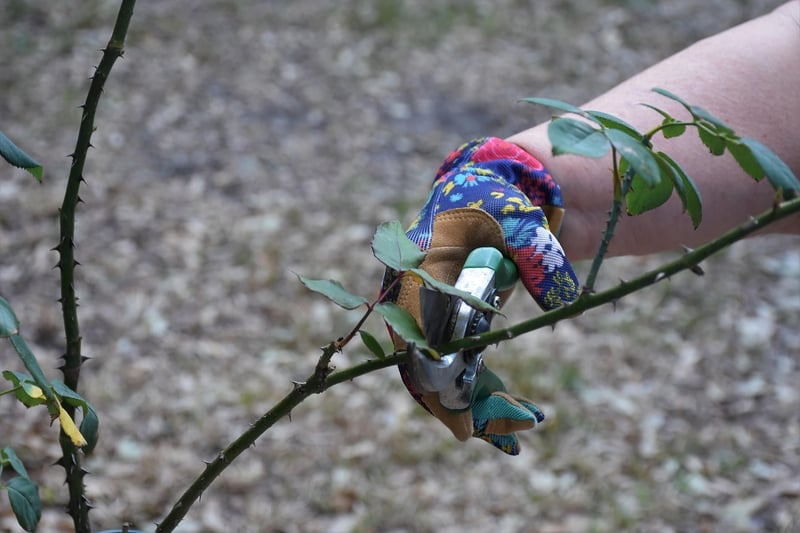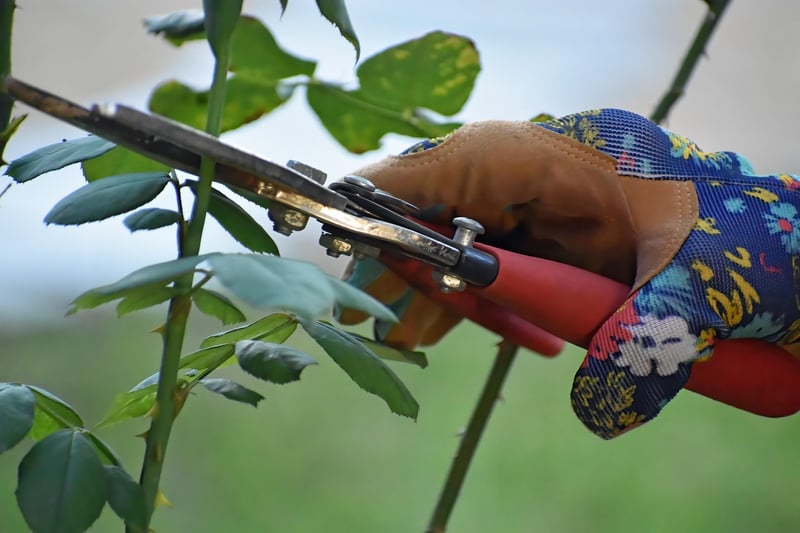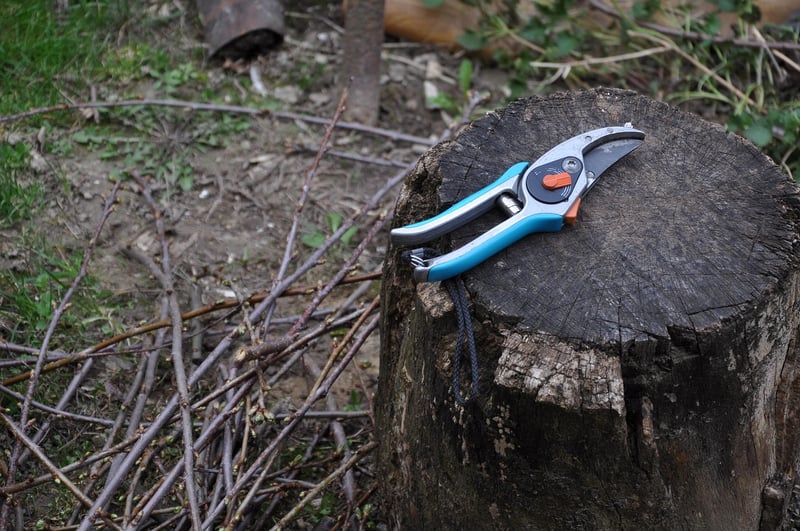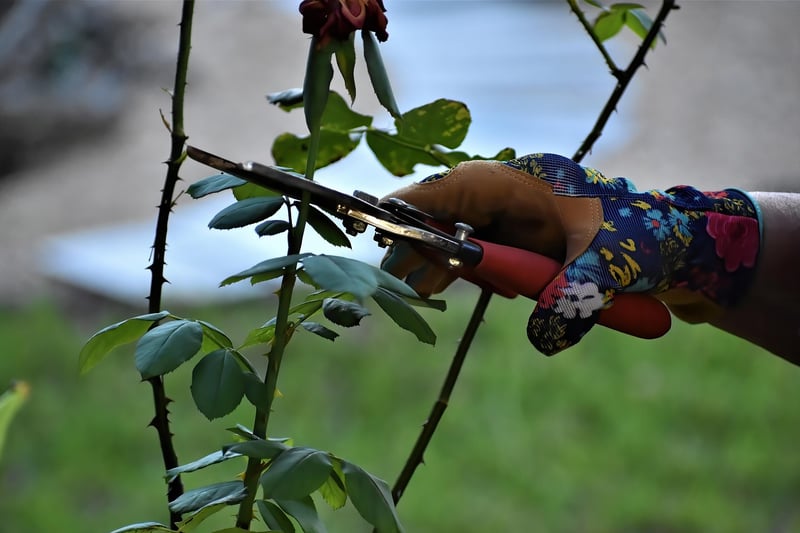Pruning Techniques
Plant Maintenance and Pruning Techniques
Introduction
Proper plant maintenance is essential for the health and vitality of your garden. One crucial aspect of plant care is pruning, which helps promote growth, improve aesthetics, and prevent disease. In this article, we will explore the importance of plant maintenance and various pruning techniques.
Why is Plant Maintenance Important?
Regular plant maintenance has several benefits:
- Promotes growth and flowering
- Enhances air circulation and sunlight penetration
- Prevents diseases by removing dead or diseased branches
- Improves the overall appearance of the plant
Pruning Techniques
Pruning is a critical aspect of plant maintenance. Here are some common pruning techniques:
1. Deadheading
Deadheading is the removal of spent flowers to encourage new blooms and maintain the plant's appearance.

2. Thinning
Thinning involves selectively removing branches to improve air circulation and light penetration within the plant.

3. Heading Back
Heading back is the practice of cutting back a portion of a branch to promote branching and denser growth.

Conclusion
Regular plant maintenance, including proper pruning techniques, is vital for the health and beauty of your garden. By understanding the importance of plant care and utilizing the right pruning methods, you can ensure your plants thrive and flourish.
Remember, each plant species may require specific pruning techniques, so it's essential to research the needs of your plants before pruning.
